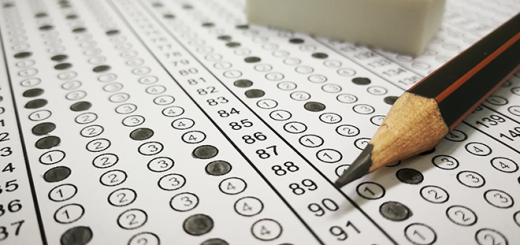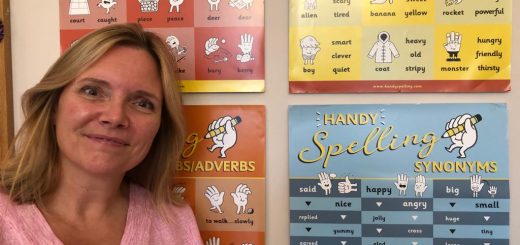Summary of the differences between the Private School system and the State School system
Over the last few months, I have had many parents ask about the differences between the Private and State school systems. Here I have put a brief summary up for any parents who may be interested. If you would like more information or to book an individual consultation, please email me on [email protected] and I will do my best to help.
Category |
Private Schools |
State Schools |
Type |
Broadly divided into selective and non-selective. These can be further divided into
|
The different types can be broadly categorised into the following:
|
Entry points |
The different points of entry are dependent on the individual schools but in general are at the following points;
Exams taken at 13+ are also referred to as the Common Entrance Exam. |
State school entry is considerably less complicated.
Entry is in the year the child turns 5 years old. |
Registration Deadlines |
A detailed list of registration deadlines for most of the local schools can be found here. |
Applications can be made any time from the October of the year preceding entry.
Applications must be submitted by 15th January of the year of entry for primary schools and 31st October for secondary schools. If applications are being made (for children under the age of 5) to a nursery affiliated/attached to a school, applications must be made via the school and NOT the Local Council. Applications made for Year 1 entry can be made via the local Council. |
Process of Registration |
These are the steps for registering at a private school. Please bear in mind that each school is different and the steps change accordingly. For instance, some schools will assess the children and not the parents, some will interview the parents and not the children, some will have the registration first and then the open day, others will not register until after a school tour has been completed. However, these are the general steps followed.
|
Registration for State Schools is very different.
First you contact the council and ask for a list of the school. You can then look at the admissions criteria for each school and arrange a visit. Offers are made around 16th April for primary schools and 1 March for secondary schools
|
Entry requirements
|
Offers are based on academic achievement and potential. Most selective schools will require an assessment, an exam and an interview (secondaries) or have a similar testing process in place. | No assessment of student’s ability is allowed unless it is a Grammar school. Upto 10% of secondary pupils can be prioritised based on ability. |
Admissions Criteria |
Selective schools will require an assessment to be done prior to entry. Non-selective schools will be making offers on a first come, first served basis. Some schools will have an alumni/sibling policy. It is worth bearing in mind that even if a school does not have an alumni/sibling policy, they may possibly consider a candidate with a sibling at the school or whose parent(s) attended the school more favourably over an external candidate, if both are of similar calibre. |
Priority at state schools are allocated as follows:
|
Costs |
Approximately around £20,000 a year. (This may vary depending on the school as some charge over and some charge under this amount) Optional extras may or may not be included. Uniforms, some trips, extra curricular clubs are not included in the fees. |
FREE |
Class sizes |
Approximately 18-22 students per class with one teacher and one or two teaching assistants in the bigger schools and around 10, 12 or 15 at the smaller schools. Sometimes an additional staff member will be allocated and shared among the classes. | Approximately 25 – 35 students per class with one teacher and one teaching assistant. Parent volunteers are very active and come in within various programmes which helps. |
Curriculum |
Exempt from following the national curriculum and are given license to cover the required areas of Math, Science, English and some Creative subjects (broadly speaking). | Must cover the subjects as detailed in the national curriculum. Anything extra will be allowed as long as the requirements stated in the curriculum are met. |
Extra Curricular Activities |
Longer list on offer and much more specialised departments especially in music and art tuition. There is also a considerable amount of time devoted in the curriculum and via the clubs for the activities. | Although bigger state schools will offer similar extra curricular subjects in the sense of art, yoga, drama, music etc, the time allocated is usually around an hour a week for each. |
Fiscal responsibility and Decision Making |
School governing body or Trustees | The local authority |
Staff selection |
No restrictions. Can hire, create positions and manage as desired. | Must hire qualified teachers. |









